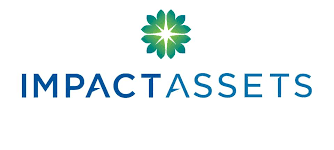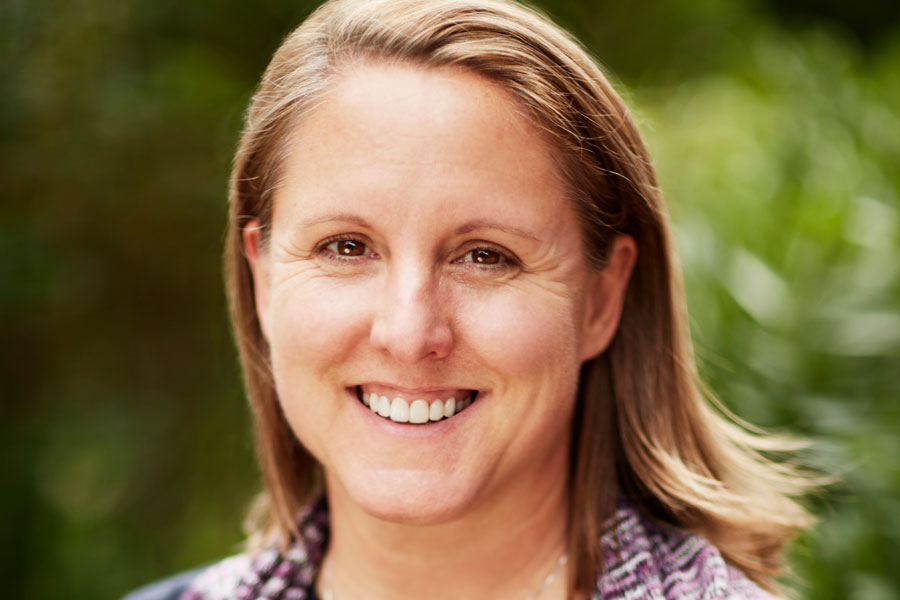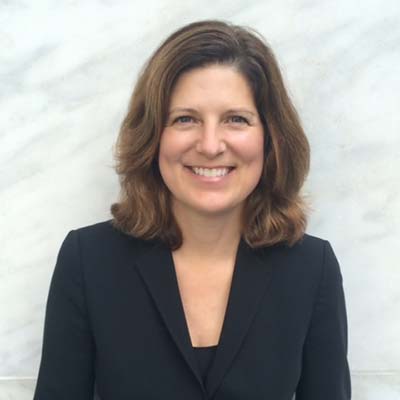 It’s tough to find a better example of environmental stewardship and sustainable use than organic farming.
It’s tough to find a better example of environmental stewardship and sustainable use than organic farming.
Indeed, the responsible growth of food that sustains us is pretty much the ideal picture of what the impact investing ethos is, and aims to be. With only an estimated 1 percent of farmland in the United States certified as organic, it’s an area ripe for growth.
For Iroquois Valley Farms, a restorative farmland finance company founded in 2007, that growth will be fueled in large part by next-generation farmers. As the nation’s first organic, family farmer focused Real Estate Investment Trust (REIT), Iroquois Valley is enabling the millennial generation to invest directly in healthy, organic food production. The firm, which has $50 million in organic farmland investments, has appreciated 10 percent per year since inception.

It’s a long way from the firm’s beginnings just prior to the mortgage-fueled Great Recession. At that time, Co-founder and CEO David Miller came in possession of a 10-acre piece of family property, which he transitioned to an organic farm. At the same time, Dr. Stephen Rivard, Miller’s college roommate, was observing the effects of the overexposure to herbicides and pesticides on agriculture workers
If you like this, subscribe here for more stories that Inspire The Future.
“Dr. Steve, as I call him, and I got together and thought, ‘Why don’t we enable, effectively, the next generation of farmers to do it differently?’” Miller says. “My background is in corporate and real estate finance, so this is just a natural for me.”
The duo, along with 10 friends and family members, formed Iroquois Valley Farms, LLC. It’s a “farmer-centric business model,” meaning the farmers bring opportunities to Iroquois, not the other way around.
“We never go out and buy land and then try to find a farmer,” he explains. “That’s a non-scalable approach to being in business. Farmers bring us the opportunity, and we buy it and lease it to the farmer, with a goal of the famer having eventual ownership.”
An important point Miller emphasizes is the firm’s distinction from traditional private equity models, particularly in the way it ramps up.
Using the term “slower than slow money,” he saw the mistakes too many funds made by deploying too quickly (it was 2007, after all), lessons learned that remain today. Rather than raising “$100 million or $200 million” and immediately investing, they take their time, and for good reason.
“It’s hard to move too fast in organic farming, but if you try you usually make bigger mistakes,” he claims. “This is not a turnkey type business where you can just buy some land, shake hands with the farmer, come back in 10 years and sell it to pay everybody off. That’s a complete mismatch with what the farmers want to do. They want the land for the rest of their life, so from the get-go, we knew that we had to go nontraditional.”
In addition to “growing” slower with its committed capital, the firm is willing to work with individuals.
“Most of the funds you see starting up here or there, they start big and they start fast, and it’s mostly institutional capital. We connect with individual investors and individual farmers. Even though, right now, they’re all accredited investors, they can use their IRA accounts or family trusts. IRAs are long-term investment vehicles that fit with the time horizons of our model.”
The long-term horizon of the investment and the risky nature of the underlying business farming means Miller and his partners at Iroquois have to be innovative.

“We diversify everything,” he says. “We diversify our capital base, we diversify our farmers, we diversify our lenders. And a few years ago, we decided to go to our investors and borrow money from them. We offered 5- and 7-year term notes, which we billed as ‘Young Farmer Land Access Notes.’ And they were very successful and very desired by financial advisors for their clients.”
That success led to offerings of shorter-term notes, with the intention of bringing down the costs associated with a 3-year transition to Certified Organic status, traditionally the most difficult period for farmers. They called it a Soil Restoration Note, “because those first few years are all about restoring the soil.”
A certified B Corporation, Iroquois is also an investment option for donors to the ImpactAssets Giving Fund (a donor advised fund) and is included in the ImpactAssets 50, a resource that provides investors and financial advisors with detailed information about 50 of the most experienced impact investment firms and potential investment options.
Iroquois continues to innovate, forming the REIT earlier this year because “we’re moving toward offering our stock and our notes to non-accredited investors,” said Miller. “We care about social values. We believe it’s important to engage the next generation, so they can invest in this change. To confine ourselves only to accredited investors would be unfair.”
If you like this, subscribe here for more stories that Inspire The Future.




































